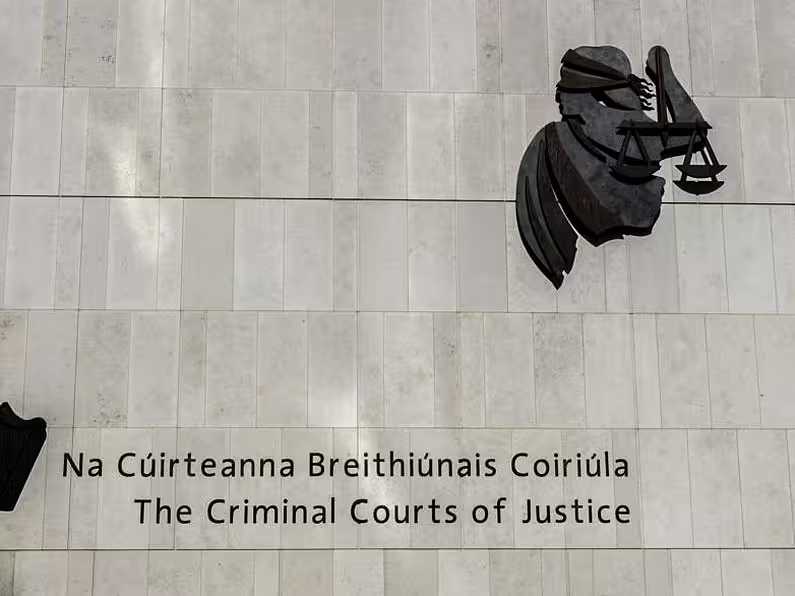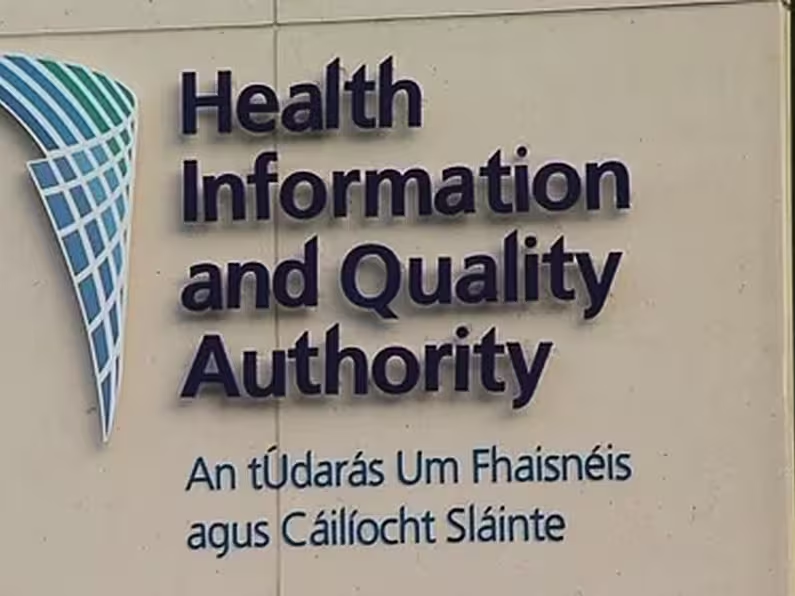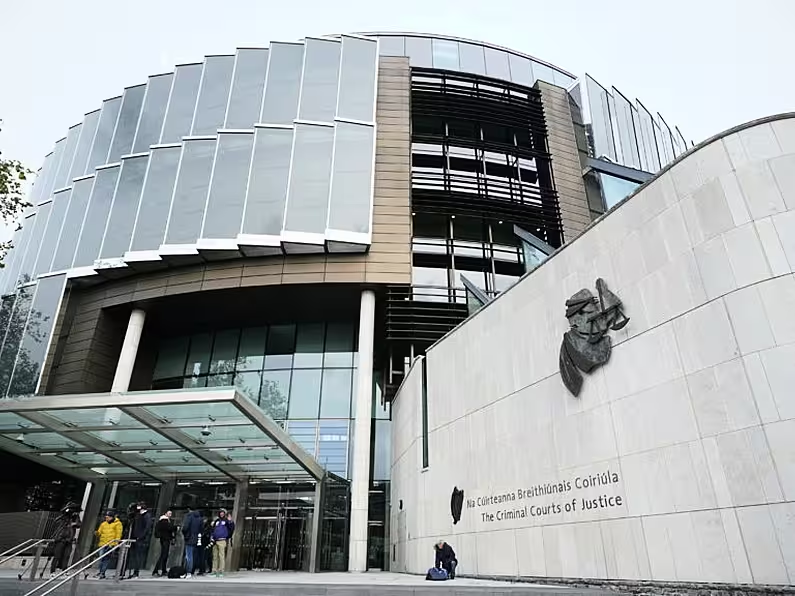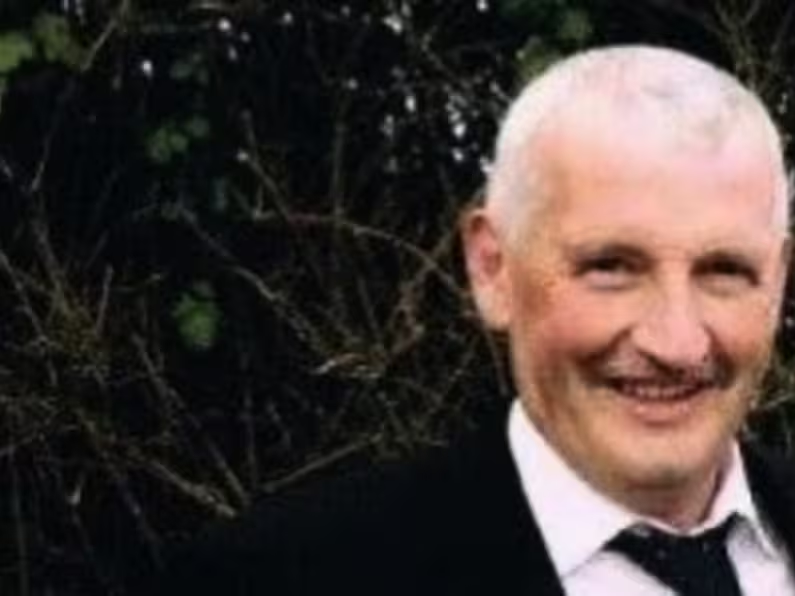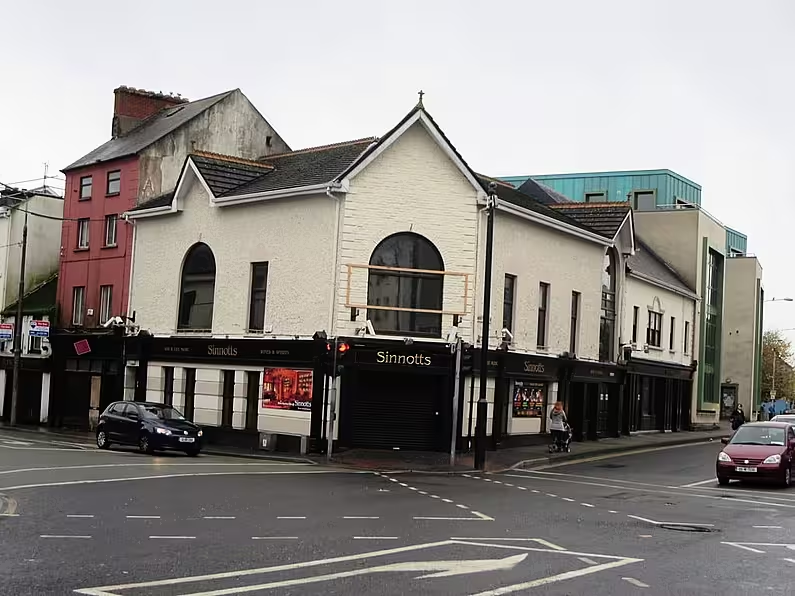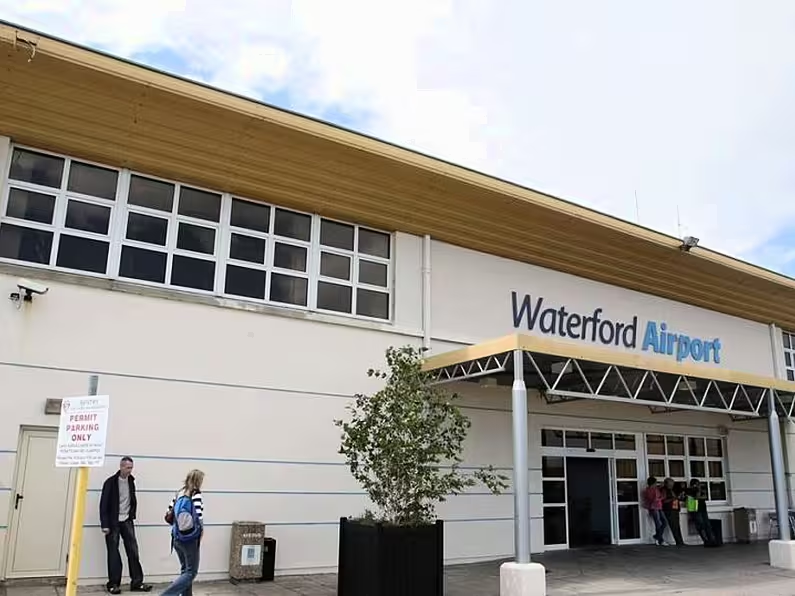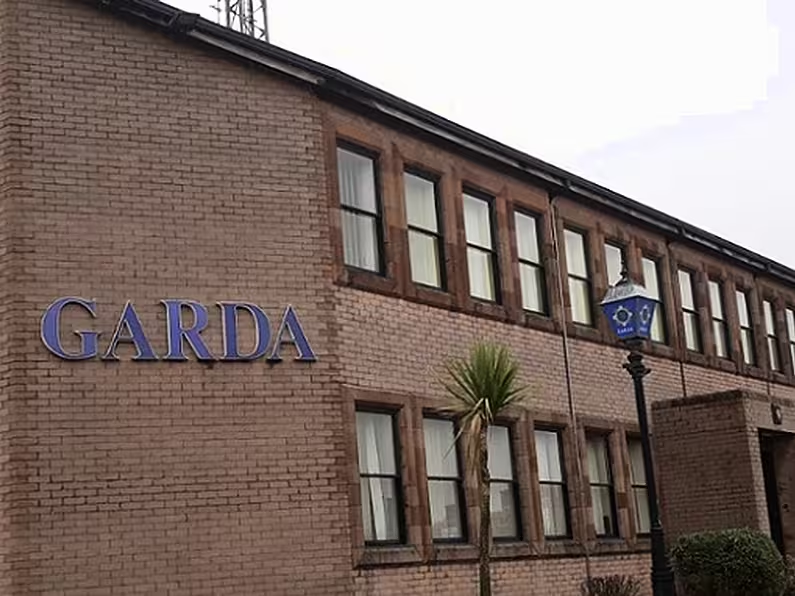Isabel Hayes
A woman who was allegedly trafficked and required to work as a prostitute in rural Ireland was a sex worker in Brazil who came to this country to work as a sex worker, defence counsel has told a trial.
The first complainant in the Dublin Circuit Criminal Court trial of Natalia Nogueira Da Silva and Ivanilce (Lisa) Vailones Fidelis continued to give evidence on Friday.
The State alleges that the two accused women trafficked two vulnerable Brazilian women to exploit them and take advantage of their vulnerability “to such an extent as to cause the trafficked person to have no real or acceptable alternative but to submit to being trafficked”.
Ms Vailones Fidelis (46) of Castle Manor, Racecourse Road, Roscommon, has denied all 18 charges against her, including two counts of human trafficking, one count of organising prostitution and money laundering charges on dates between 2015 and 2020.
Ms Da Silva (32), of Cairn Hill View, Drumlish, Co Longford, has admitted 35 charges, including organising prostitution, facilitating the entry into the state of an illegal person and money laundering. She denied a single charge of human trafficking in 2019.
Sex worker
In his second day cross-examining the first complainant, who can't be named for legal reasons, Padraig Dwyer SC, defending Ms Vailones Fidelis, put nine “propositions” to her. The woman is giving evidence via video link and through an interpreter.
Mr Dwyer put it to the woman that she “worked as a sex worker in Brazil” and that she “came to Ireland to work as a sex worker”.
The woman previously told the court she worked as a hairdresser in Salvadore, Brazil and wanted to raise money to realise her “dream” of opening a hair salon there.
Mr Dwyer asserted the woman was “totally too free to leave any apartment or house” she was staying in, that she was in control of her own “clients” and the services provided to them and that her relationship with her “agents” deteriorated after she “threatened a client with a knife”.
Mr Dwyer put it to the woman that she was “disappointed” about a drop in client referrals after her first week in Ireland and that she complained about this.
He said, “all the women or most the women who advertised on Escort Ireland advertised themselves as being on tour, usually for a weekly basis in any location” and that, after the second incident in Portarlington, when she “threatened a client with a knife”, her Escort Ireland profile was taken down without her knowledge.
The trial had heard evidence from the woman alleging she was assaulted by a man in her first week in the country when she was staying in an apartment in Portarlington.
She told the court of another alleged incident when she was staying in Portarlington on another occasion when a man assaulted her because she was sick and unable to perform. The woman said she produced a knife on both occasions to defend herself.
“Lastly, so far as the defence is concerned, you are not in a position to say that the person sitting here in court - Ms Fidelis - is the person you spoke to at any time during your stay in Ireland,” Mr Dwyer said. The woman has previously told the court she had never met Ms Vailones Fidelis in person.
Mr Dwyer said he was laying out the defence case to the complainant and the jury. He continued his cross-examination without the woman responding directly to the nine propositions.
Tinder account
The jury was shown a booklet of photos which the court heard were taken from the woman's Instagram account. In a post, dated May 2019, the court heard the complainant was photographed in Cashel with a man.
The woman told the court she met the man through Tinder and they went to a nightclub in Roscommon before spending two nights together one weekend. She said he was a “kind, gentle person”.
She agreed; she told him she was an escort and that he had no problem with that. She agreed she arranged a transfer for him to visit her in Cashel, which she said cost her €100.
The woman denied assertions by the defence that she told this man that she worked as an escort in Brazil, that she was “well-known in Brazil and had regular clients”, and that she came to Ireland to earn more money.
“When I met him, he was a nice person, but if he mentioned these things you just mentioned, he is lying,” the woman said. “This conversation never happened.”
When asked why she never mentioned this man in her statement to gardaí, which runs for 100 pages, the woman said she didn't know she had to mention every person she met in Ireland. She said she did complain to the man about being assaulted. “I told him I was suffering.”
Mr Dwyer put it to the woman that she had given an account to gardaí of her time in Ireland that was “perhaps not the full picture”. “You said you had no friend, no contacts, no one to talk to, no -one to turn to,” counsel said.
“That's exactly what happened; I didn't know anyone,” the woman replied. She said she set up a Tinder profile when she arrived here with the intention of meeting people.
Instagram account
The jury was shown photos from the woman's Instagram account from her first week in Ireland, which Mr Dwyer said showed her “smiling” and looking “relaxed”. The woman replied: “I'm not the type of person to go to my social media to expose everything in my life.”
Mr Dwyer also put it to the woman that she had portrayed herself as a prisoner during this period.
“It wasn't like (being) a prisoner; there were never handcuffs, shackles on me. I never said that,” the woman replied. “But the point is, I did not have anyone to ask for help, I didn't have a place to go, and I had been advised by (a person in Brazil) that I should do everything I was told by Lisa because they were dangerous. My hope was that I complete the three months, obey the orders from her, and she would release me.”
The trial continues before Judge Patricia Ryan and a jury.
Ms Da Silva has pleaded not guilty to one count of human trafficking a woman at an unknown location within the State, on dates between March 31, 2019 and May 18, 2019.
She has pleaded guilty in front of the jury to one count of organising prostitution at an unknown location within the State on dates between December 5, 2018 and May 18, 2019.
She has also admitted one count of facilitating the entry into the State of a person she knew to be illegal on March 31st, 2019 at Dublin Airport, along with 33 counts of money laundering the proceeds of crime on dates between March 2020 and May 2021.
Ms Vailones Fidelis has pleaded not guilty to all 18 counts against her. She has denied two counts of human trafficking two women at various locations within the State on dates between December 2018 and May 2019. She has pleaded not guilty to one count of organising prostitution during the same time period.
Ms Vailones Fidelis has further pleaded not guilty to 14 counts of money laundering the proceeds of crime on dates between January 2015 and December 2020 and one count of removing proceeds of crime from the State during the same time period.



